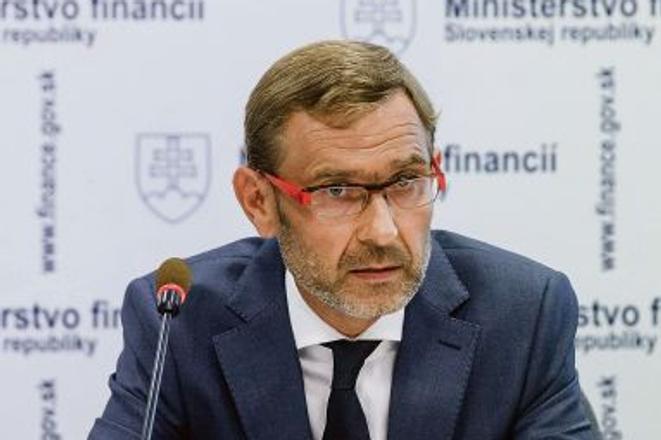IN SLOVAKIA many people prefer to receive a discount on goods or services in exchange for not getting a receipt, thus sacrificing the possibility to complain if they are unsatisfied with their purchase. Ladislav Kriška, the general director of national lottery company Tipos, believes the national retail lottery, which Tipos will oversee and which starts this month, will change this mindset.
The Slovak Spectator spoke with Kriška about what Tipos wants to achieve with this lottery, as well as its costs and its target demographics.
The Slovak Spectator (TSS): Will the national VAT lottery change the level of tax evasion? Do you think it will work?
Ladislav Kriška (LK): The national VAT lottery wants to positively change the behaviour of entrepreneurs and customers, and positively change the issuing of receipts, and in this way curb tax dodging.
Currently, I am sure that it will work. Any social behaviour will bring a change. And this is the goal.
TSS: Do you think a customer who is, for example, replacing windows in a house, will prefer to take a receipt from the tradesman for a chance to win in the lottery over getting a 20-percent discount in unpaid VAT?
LK: To not have a receipt or invoice means to risk guarantee terms. I admit that in the 1990s and at the beginning of this millennium it was very common [to get a discount on the cost in exchange for not getting the receipt]. From the customer’s perspective it is a reversed logic and people will realise this sooner or later. The motivation of the lottery is to positively stimulate the consumer’s mood. And the customer’s mood needs to bear also that for the money I pay, I should get a guarantee for the goods delivered or services provided. Through the lottery we will try to call on consumers to [ponder] whether that 20 percent [discount] would not be a Pyrrhic victory.
TSS: Are you prepared to cancel the lottery if it has no positive fiscal impact?
LK: In the next few years we do not see any reasons for which the project might be unsuccessful. But the state will be able to assess the behaviour of the market and to say whether or not there was any change in behaviour within half a year.
TSS: Have you conducted a survey to determine which people would be most interested in the lottery?
LK: We want to engage all target groups from 18 years and older. Motivations will be different, because for young people it will be mainly for fun while economically active people will perceive it differently.
I do not want to say that the Slovak nation is playful - it is completely standard [in that regard]; but the lottery will bring benefits to both categories. The customer will realise that he or she wants the merchant’s respect and, simultaneously, that he or she wants guarantees, and that [the customer] can win at a higher level.
TSS: Is the probability of winning higher or lower than in the case of the number LOTO lottery, where the probability is 1 in 14 million?
LK: The receipt lottery is a lottery. I can only say that it is the same.
TSS: Will you offer other Tipos products to those who participate in the VAT lottery, for example Loto or Keno?
LK: No way. Tipos, as it is, is the bearer of a not very positive perception and we would like to present it to Slovakia in a different light. We want Tipos to be seen as pro-partner and pro-consumer [company]. This project is not about finding new gamers for us. We want to show we are suitable not only for customers of Tipos.
TSS: How much has it cost to build the system for registering receipts, the drawing and the mobile phones application through which people can enter the lottery?
LK: Until today it was about €178,000 without VAT. The requirement of the state was for the investment to be as small as possible, but simultaneously to build an accurate and reliable system.
TSS: What about the costs of the advertising campaign? How much will an advertisement cost?
LK: The costs will not be more than the costs to advertise a common product of Tipos.



 Ladislav Kriška (source: SITA)
Ladislav Kriška (source: SITA)